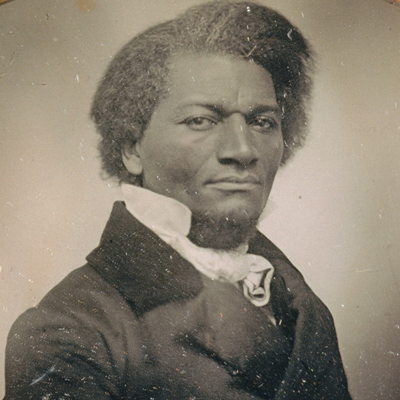
As moderator of a panel discussion, you're charged with taking care of everyone:
- The panelists – so they come off as knowledgeable professionals and don’t regret saying yes to your invitation.
- The audience – so they're engaged by an interesting, informative, on-topic discussion.
It's not easy. You're trying to listen to people as they speak so you can respond, manage the audience, and keep everything running as promised.
How you prepare in advance with panelists can go a long way to making your discussion a success. But even when working with experienced panelists, moderators find their experts get caught up in the moment and forget the plan.
That's why, as moderator, it helps to have a few phrases in mind to redirect. While you will certainly think of other lines that can help you regain control or pivot, here are three we find useful.
Explain what you mean by _____.
Experts in any field are prone to using words and phrases the audience may not understand.
Or a panelist with a strong point of view may make statements or claims that seem unassailable to them, yet are less convincing to others.
As moderator, you can advocate for the audience by making this simple request: Explain what you mean by (word or statement).
And remember—even if you understand a technical term or jargon, your audience may not. We all suffer from the curse of knowledge. So try to put yourself in the audience's seats and don't be shy about clarifying with a panelist.
Let me get _____ in on this.
When one panelist is doing the lion's share of the talking OR when a panelist has become quiet as a mouse, this phrase is a simple way to shift the conversation from one person to another.
In our experience, it's easy for some panelists to get carried away when they start speaking. In advance, you can let them know you want to create conversations. That way, no one should be surprised when you get in there and redirect.
If one panelists is talking without any apparent end in sight, you may need to assert yourself. One way to bolster your nerves for this is to add a "Let me jump in" to preface you request "and bring (name) into the conversation."
In one sentence, how would you describe _______?
When panelists have been going long with answers or you want to be sure everyone adds their comment, try creating a rapid fire scenario for them—by telling them just how short you want the answer to be.
We've seen moderators energize discussions and bring things back on track by using a series of these.
You can also call the name of another panelist you want to start first, if one has been dominating the conversation.
Tell panelists how you'll manage them
Part of your planning process should be a meeting with panelists, a time when everyone can understand the topics you hope to cover and the expertise each person can bring.
This is a also a time when you can cover details such as how long you'd like for them to speak, how you plan to take questions from the audience, AND the ways you might jump in to make sure everyone's involved in a lively discussion.
Learn more
For more on the moderator's role and how you can shine in it, see these five tips.
Find our recipe for introducing panelists here.
As you plan your panel, it's important to know what you're trying to achieve. Here's how to think about your panel's why.






